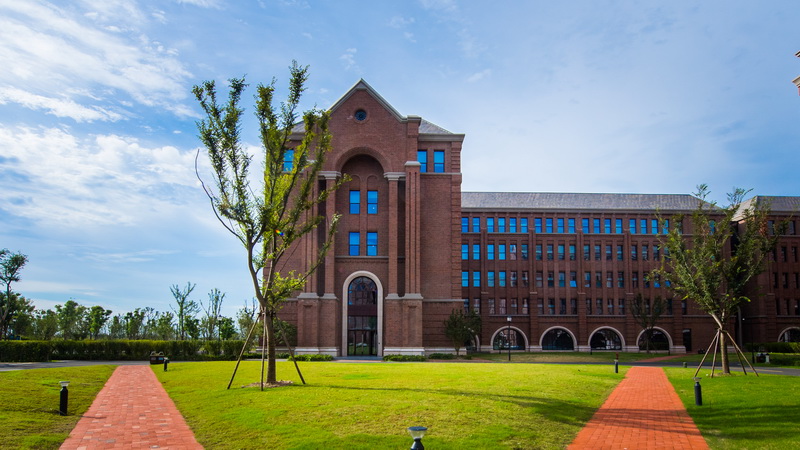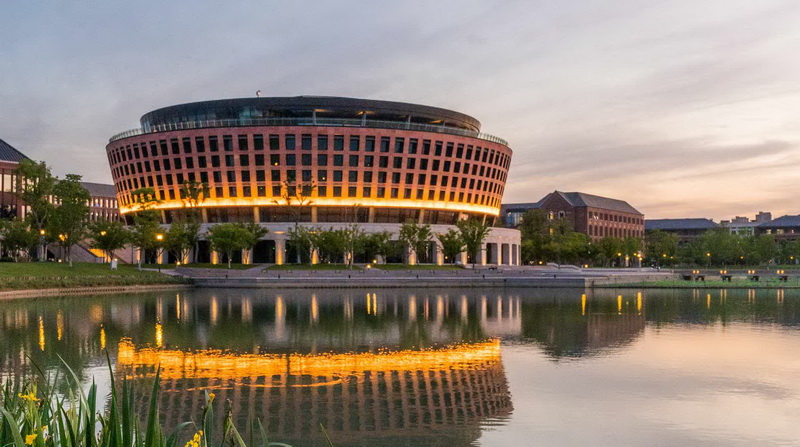The International Campus held its 2024 Mid-Year Meeting on September 5th and 6th. The main points from ZJU's Mid-Year Meeting were conveyed, and the meeting focused on the tasks for developing the International Collaborative Education Model. The International Campus intends to play a strategic role in ZJU's advance to the forefront of world-class universities.
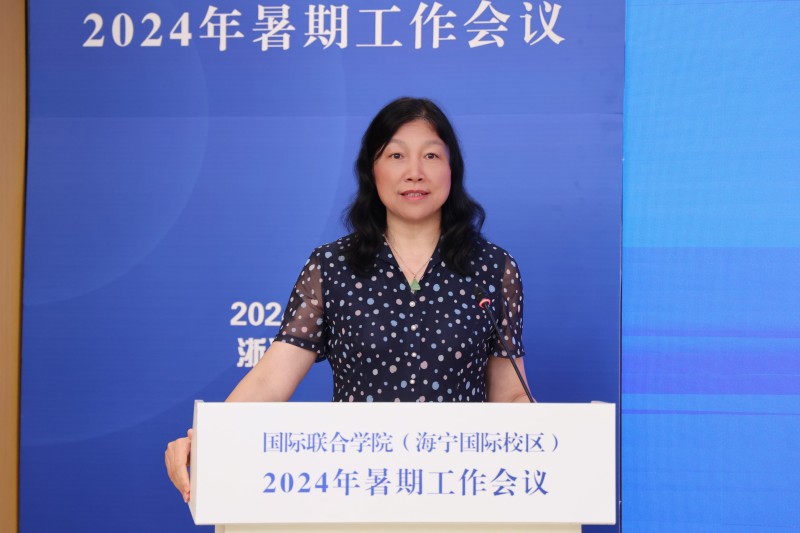
HE Lianzhen, Secretary of the Communist Party Committee of the International Campus, made keynote remarks. She emphasized that the development of the International Collaborative Education Model is a crucial initiative vital for fostering integrated advancement of education-technology-talent development. It is also a strategic imperative for supporting China’s high-level educational opening-up, regional innovation-driven development, and Zhejiang University’s endeavor to accelerate the process of being established as a leading world-class university with Chinese characteristics. She urged the International Campus to further define its strategic positioning and direction, enhance education quality, and further refine its demonstration and spillover effects. She also outlined the importance of boosting the “Study in China” brand, and exploring the ZJU International Campus model for advancing the “Internationalization at Home” initiative in China’s higher education; Additionally, she called for the development of high-level research platforms and major projects, while playing an empowering role in fostering young faculty and staff members’ sense of belonging. She stressed the need to intensify efforts to implement the core strategy of invigorating the university through a stronger faculty team, stipulate innovative vitality and potential of the team; and optimize the governance system and enhance governance capabilities.
She emphasized that the development of the International Collaborative Education Model was a systematic initiative. The International Campus should take a leading role in upholding the national strategy, bolstering regional collaboration and ZJU’s development, making solid progress toward building China into leading country in education, and advancing the education-technology-talent integrated development, cultivating top-notch innovative students, and accelerating sci-tech innovation through high-level international collaborative education.
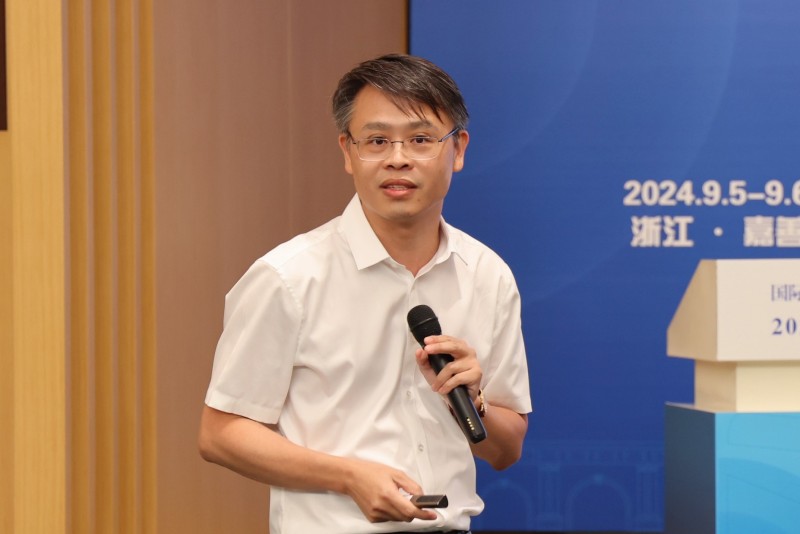
Professor LI Hanying, Dean of the International Campus, delivered a work report. He pointed out that the education model of the International Campus had kept improving, and the education quality and the graduates had been increasingly recognized by the society. Dean LI urged, as a next step, to intensify efforts to summarize experience, and focus on demonstration. He stated that young faculty member’s potential and strengths for self-development and innovation had begun to emerge, and requires the creation of a better innovation ecology and encouragement for collaborative innovation; the demonstration effect of the “science-education-talent-industry-city” integrated development model should gradually emerge, with key tasks further advanced in a down-to-earth manner to produce tangible results, thereby playing a greater role in promoting local economic and social development; the framework of international scientific and technological cooperation and innovation had taken the initial shape. He urged, as a next step, to adhere to technology-education-talent integrated empowerment to stimulate endogenous motivation and contribute to the development of the International Collaborative Education Model.
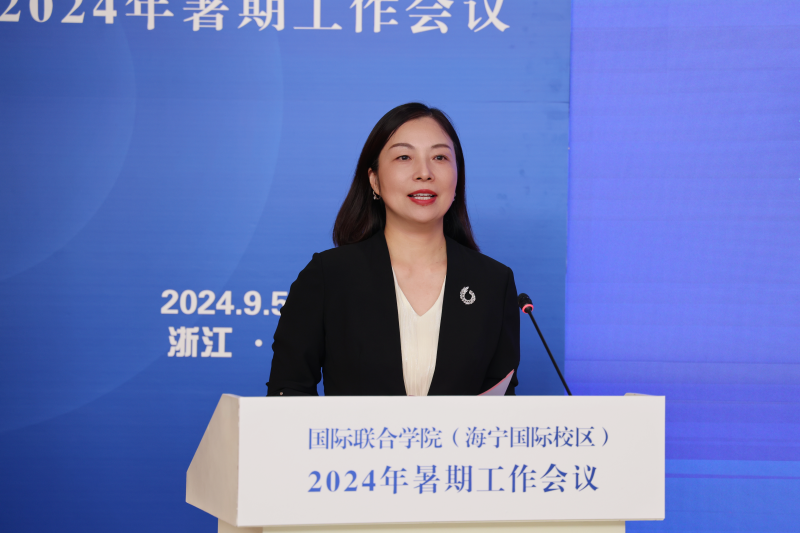
QU Lijuan, Vice Dean of the International Campus, conveyed the spirit of the ZJU Mid-Year Meeting and delivered a work report. She reviewed the remarkable achievements over the past four years, while also highlighting the existing weaknesses. She stated that the International Campus should take it as the strategic goal to “develop the International Collaborative Education Model, establishing a new benchmark for high-quality education that advances the education-technology-talent integrated development with high-level international collaborative education. She urged, in the next phase, a task-driven approach be maintained to address the challenges encountered during the “14th Five-Year Plan” period; and to outline the blueprint of the “15th Five-Year Plan” through reform and innovation; prepare for security adversity, strengthen discipline, and create a clean and upright development environment.

Professor KE Yuehai, Dean of ZJE, shared some reflections on the “Medicine+X” applied education model in the new context, and highlighted the need to adapt to the new era, develop new disciplines and cultivate new-type student through cross-disciplinary iteration.
With reference to international practices of the tenure-track system, Professor Der-Horng LEE, Dean of ZJUI, made a presentation on perfecting the tenure-track system by centering on student development and guided by first-class teaching and research, and proposed to further construct and improve the tenure-track system of the International Campus.
Professor BEN Shenglin, Dean of ZIBS, aligned with the strategic goal to “build a science & technology-focused premier global business school from China”, provided an in-depth analysis of the opportunities and challenges facing ZIBS, and presented plans for the next phase of development.

Vice Dean WU Jian, Vice Dean QU Haidong and Vice Dean CHEN Liang respectively gave reports on international scientific research cooperation, the planning of the "China Studies" discipline development, as well as staff development of the International Campus.




After the meeting, all participants visited the Innovation Center of the Yangtze River Delta, Zhejiang University including the exhibition center, the Future Food Lab and the Future Health Lab.
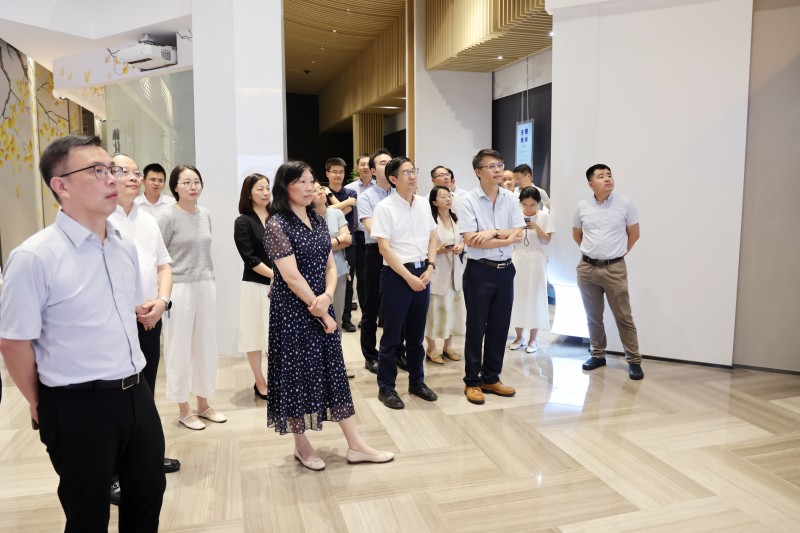
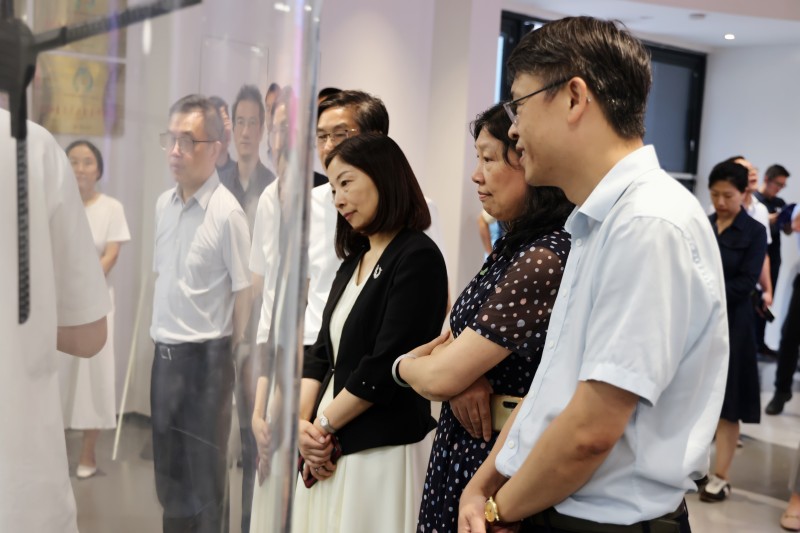
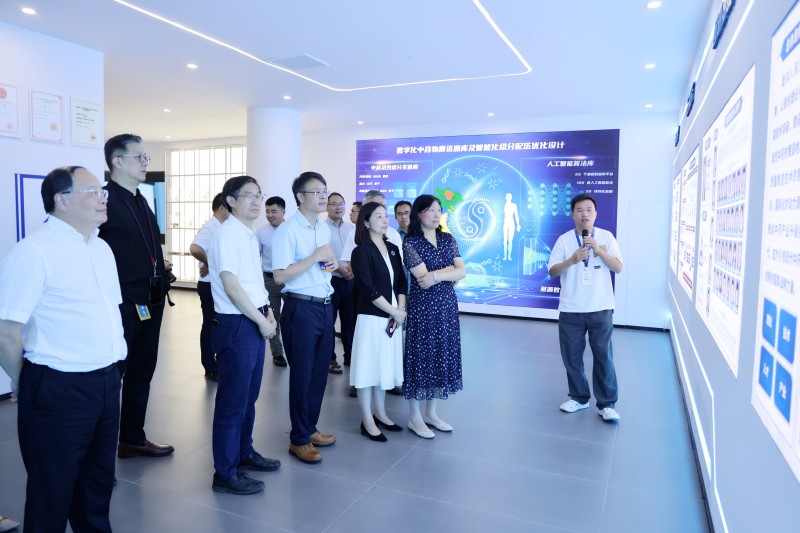
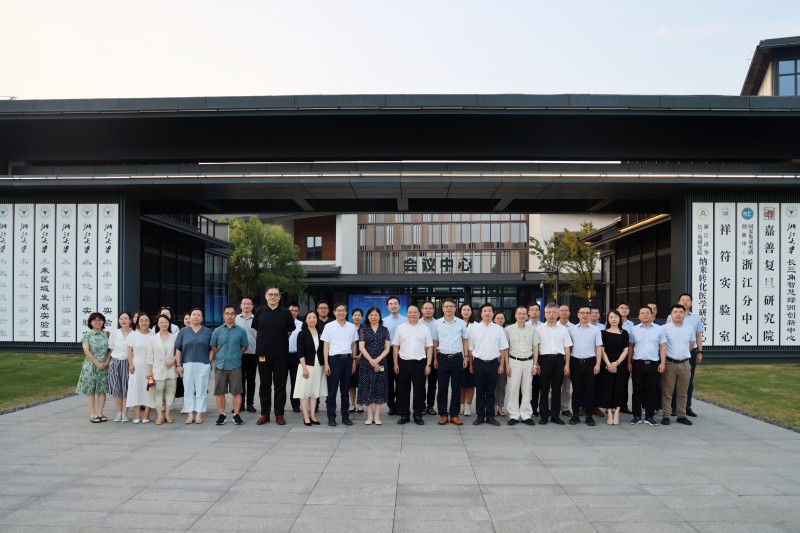
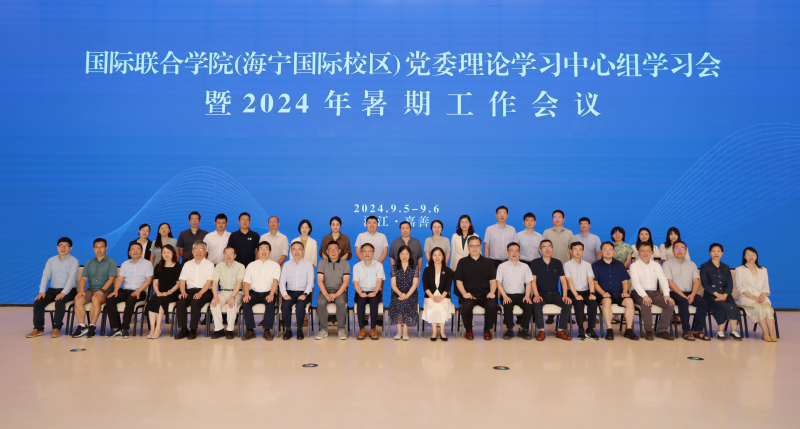
Article: ZHANG Yi
Photography: LIU Shuaiyin
Editing: LI Yinan, LIU Shuaiyin
Translation: LIU Shuaiyin
English Reviewer: Ani Machaidze
Editing in charge: ZHANG Yi
Reviewer: YANG Yi


